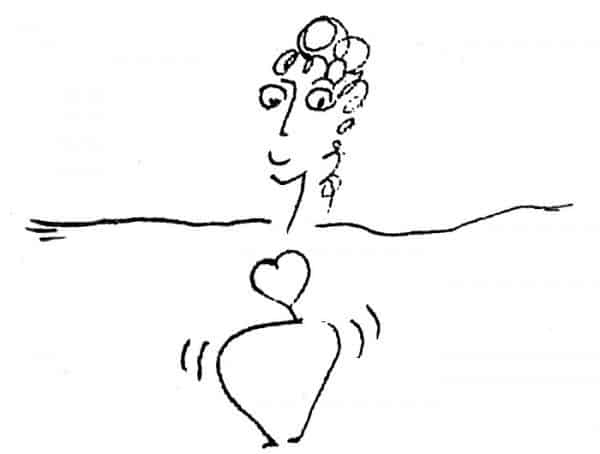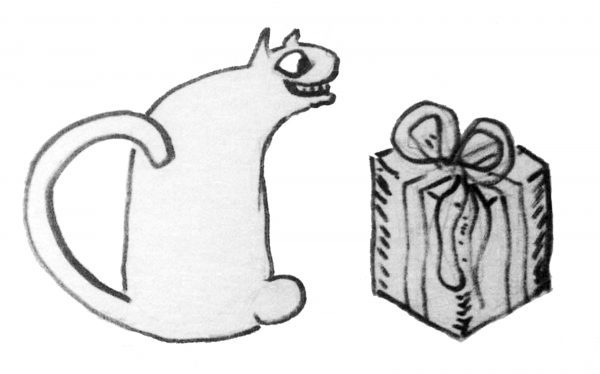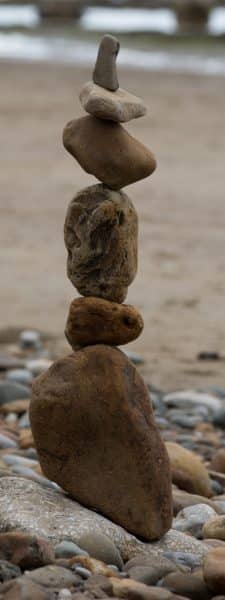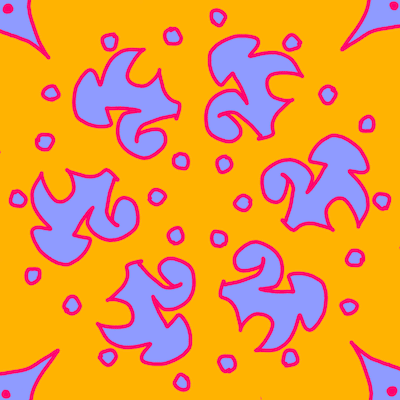Here’s another 90 Days Love Note. We’re counting down to the start of this year’s 90 Days with a Love Note a day through March 11th.
Day 71: How to “face” the music…
We’ve all seen the glued-on smile—the frowny class face—the distracted counting face, the anxious, the mopey, the bored, the fake—and the genuine. Ah, now that we like. Real feeling, openly expressed. That’s nice. It draws us in. It feels inviting.
Facial expression and dance are an interesting conundrum. We’re told to smile, and we’re told to feel the music. Not all the music is smiley. Neither are we. So how do we reconcile this? How do we express genuine emotion and be true to ourselves, if we always have to smile?
One word – connection. Its all about the feeling, right? In our dance we express the feeling from the music and the movement through our bodies and faces. So the first step is connecting our bodies, faces and feelings.
This takes practice. Explore what the face and body do, how we hold them, during various emotional states. Memorize this, so you can access it “offline,” as it were. Notice your feelings. Notice how your face and body behave when you feel sad, angry, happy (if you never feel happy, that is a more important issue to explore). Map that facial expression. Map that body line. Practice putting it on like a special dress. Over time, you can place yourself more easily in a mood.
If the music feels regal, be regal. Stern, be stern. Not all of us are smilers. We don’t have to smile, but neither do we want to dilute the impact of our feeling from the music with a lot of noise. Noise is external personal concerns that interfere with our embodiment process. Watch out for those moments of, What the heck am I doing? What comes next? What is sticking to my dress? Because those are clearly visible, plus they knock you out of your zone.
Of course, sometimes we feel anxious. We’re worried about the next step, the floor, falling off the stage. Do we show that? NO! Sure, it’s a feeling, but not from the music—it’s a factor of NOT being in the moment. This is why we practice. Practice doesn’t make perfect—it helps us recover gracefully from mistakes. We can often see in a video where a dancer is worried about the floor, the choreo, the costume, whatever. We feel what she expresses, so we worry, too. This is not good.
Some things we don’t want people to know. We need to shift back and forth. In real life, we often wear a mask, for if everyone saw how much they annoy us, there would be problems. And there are other reasons. In poker, you wear a mask—you keep good news to yourself, and/or may deliberately mislead the other players.
I fell off the stage in Vegas. I laughed. I taught myself to laugh when I make a mistake—previously, I frowned (even cursed), and anyone could see I had screwed up. Laughing helps me recover my groove and puts any observer at ease. Wherever I notice personal negative feelings showing instead of the music, I practice myself out of it.
The feeling is what’s important. But not our outside feelings—not the everyday, today sucks, my cat is sick, I hate my bra feelings. Those are outside the dance. It’s the feeling from the music and the enjoyment of the movement that we express in the dance—and this is a dance of joy.
Does this distinction make sense? It’s very important.
What if the music is sad? It depends upon our purpose. In classic oriental dance, the sadness is always tempered by the joy of the present moment. The sad thing happened before—it’s sad, but we have perspective, so there is always a bittersweet dialectic. In a theatrical piece, however, we may express a wide range of strong emotions untempered by time.
Sometimes we dance for ourselves. The dance brings up emotions. We create a safe space to allow ourselves to feel and release them. Even so, random outside stuff doesn’t really belong here—and neither does dwelling on any of this stuff. Let the music carry you through. Let the feelings go. Come back to your joy. This is part of the 90 days.
All of these are fine. Each has its place.
What we express matters, even at home. Placing oneself in an attitude of joy is contagious. Smiling makes us happier. This is science. People study this stuff—frowning makes you concentrate more, too, so if you really have to study, go ahead and frown—just not while you dance. Check out Kahnemann’s Thinking Fast and Slow for more on this.
What we do in practice also shapes what we do on stage. Even in class, learn to release concentration face (try opening the throat—it helps). And remember to breathe.
Cultivate joy. Feel it. Show it. Share it.
Music: House of Tarab’s Soundcloud: https://soundcloud.com/house-of-tarab
***
The 90 Days start tomorrow. Today is the last call.
Will you be with us? Please do!
Love,
Alia




No comment yet, add your voice below!